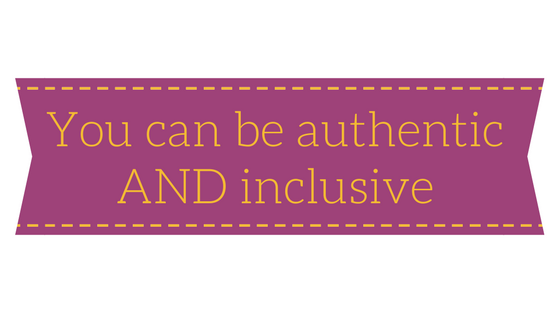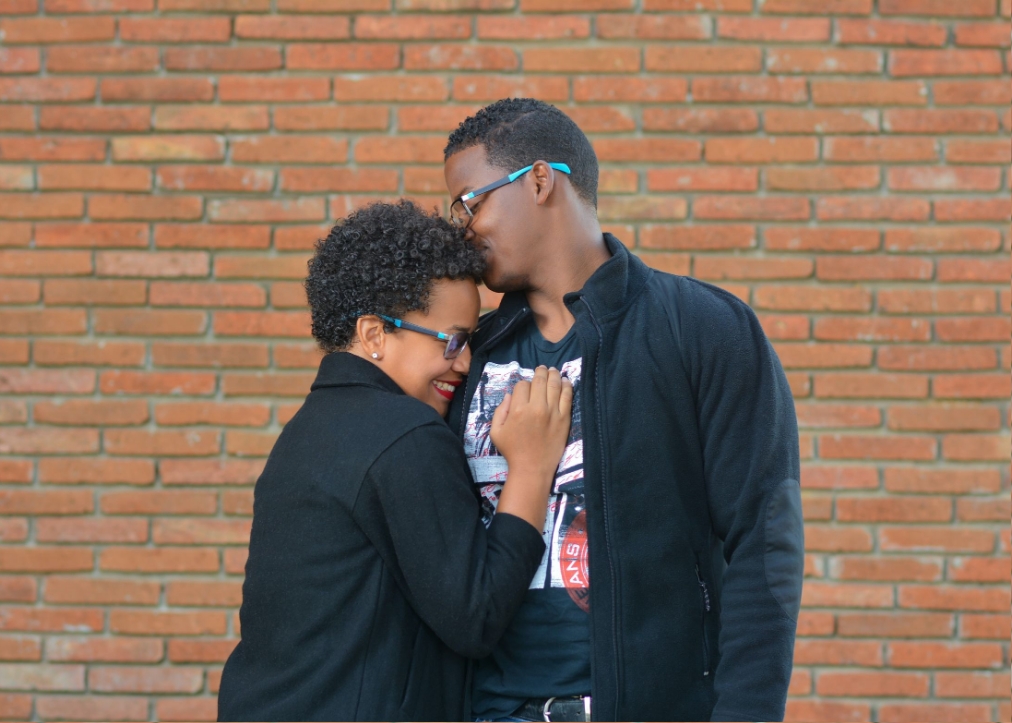Walking on Eggshells: Rethinking Authenticity and Awareness
A few days ago, I had a revelation about a recurring conversation I’ve seen both online and in person. It often goes something like this: someone asks for a bit more sensitivity around an issue like racism or sexism, and the other party responds, “I don’t think so. I don’t want to have to walk on eggshells.”
This response is understandable. We all want to show up as our authentic selves, free from editing or censoring our personhood for others. However, I’ve come to see how the concept of “walking on eggshells” can actually limit us and keep others small.
A Personal Experience
In a mixed-gender group I participate in, something recently stood out. During one meeting, several men were vocal about what they wanted to see happen in the group. They made jokes, spoke often, and generally took up a lot of the conversational space.
One of the women in the group calmly pointed out this imbalance. She expressed a desire to move forward with more consideration for everyone’s opportunity to contribute.
In response, one of the men shared that he had been working on speaking up more when things bothered him. He said he didn’t want to feel like he had to “walk on eggshells” or be inauthentic during the meeting.
This moment highlighted something I’ve noticed frequently: when men are asked to reflect on how their behavior might enact racism or sexism, they often express a desire to remain authentic. They resist editing themselves for fear of offending someone.
Redefining Authenticity
In that meeting, I offered my perspective:
“I understand the desire to be authentic, to be yourself, and not feel like you’re walking on eggshells. But I want to spend time with people—especially men—whose authentic selves include an awareness of inclusion.
I want their authentic self to naturally include the desire for everyone to share, to have a voice, and to feel valued. I want it to include an awareness of how much space they’re taking up.
Authenticity doesn’t have to conflict with awareness. In fact, integrating this kind of consideration into who you are can make authenticity richer and more meaningful.”
Put simply: you can be yourself while also being aware of your impact on others. These two ideas are not in opposition.
The Pushback Against “PC Culture”
We’ve all heard the argument: being “too politically correct” is stifling conversations and progress. It’s a common critique of liberal movements, especially in a political climate where “telling it like it is” has become a rallying cry.
But there’s a crucial difference between “being PC” (with all the baggage that term carries) and being genuinely aware of your impact on others, particularly those who are different from you.
Unlearning Oppression
Oppression has been a part of society for centuries. It’s woven into our language, behaviors, and thoughts. But here’s the key: these behaviors are learned.
You weren’t born with oppressive tendencies or dismissive habits. They were taught to you, which means they can also be unlearned.
This unlearning process allows you to integrate awareness into your authentic self. It means understanding how your words and actions affect the people around you. It means recognizing that inclusion and thoughtfulness don’t diminish your authenticity—they enhance it.
A New Way Forward
Imagine a world where we don’t see authenticity and awareness as opposing forces. Instead, we embrace the idea that being truly ourselves means caring about the space we occupy and the impact we have.
You can be both authentic and inclusive. You can honor your own voice while creating space for others. And you can unlearn the harmful patterns that no longer serve you—or those around you.
It’s not about walking on eggshells. It’s about walking forward with intention and care.
SaveSaveSaveSave







